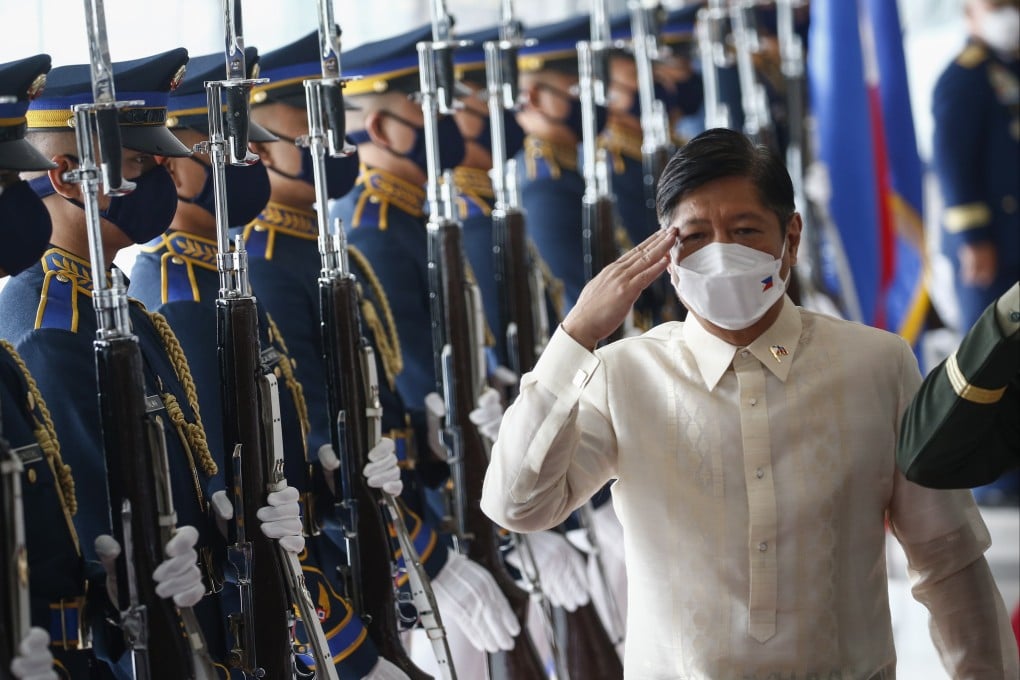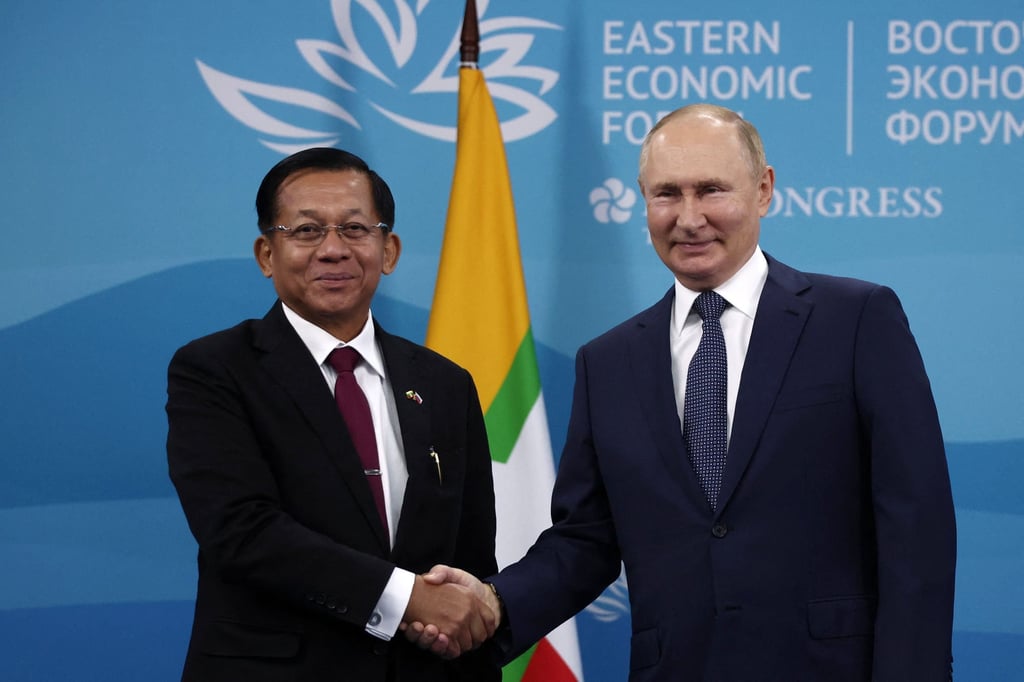Advertisement
As I see it | Tearing down tyranny in Philippines, Myanmar begins with rebuke of past and present regimes
- This week, Ferdinand Marcos Jnr defended his father’s leadership, and the use of martial law in an ongoing attempt to rewrite Philippine history
- Meanwhile, a government paper praised the junta for ‘uplifting the prestige of Myanmar throughout the world’ following a meeting with Vladimir Putin
Reading Time:2 minutes
Why you can trust SCMP
2

Tyranny, whether past or present, is unappealing enough. What is worse is having to hear it being defended, and even glorified.
On Tuesday, Philippine leader Ferdinand Marcos Jnr justified his late father’s imposition of martial law when in power, saying it was necessary because the latter had to simultaneously fight communist and separatist rebellions.
He said his father declared martial law not to stay in power but because the “government had to defend itself” from the perils the country was facing.
Advertisement
On Monday, the Global New Light of Myanmar praised the current military junta on its front page for “uplifting the prestige of Myanmar throughout the world”.
After leader Min Aung Hlaing met Russian President Vladimir Putin last week in Vladivostok, the junta’s mouthpiece said that upon the leader’s return, he was “tumultuously welcomed back by the people”.

In both these countries, egregious human rights abuses and violations have been perpetrated.
Advertisement
Select Voice
Select Speed
1.00x
